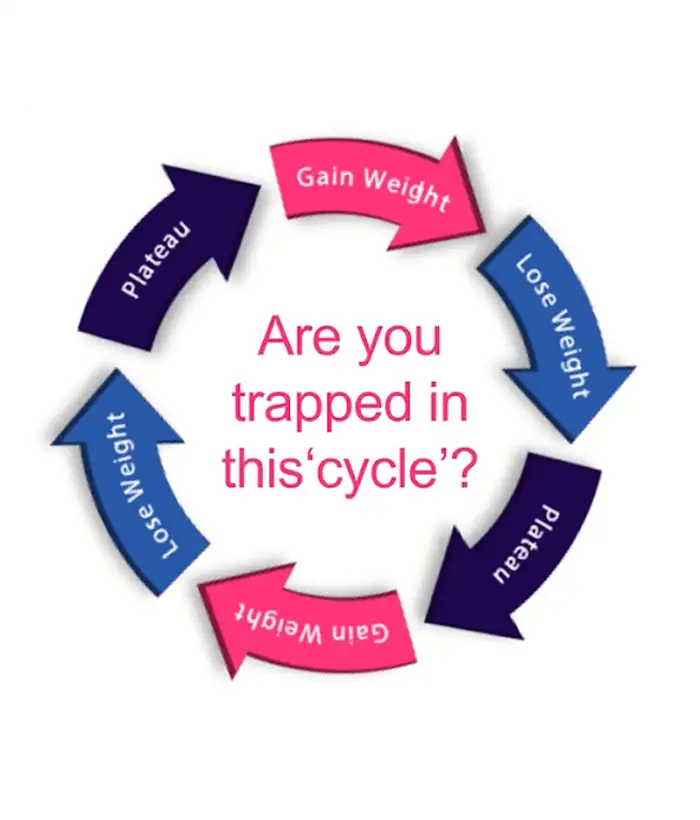
SIRT what?
It is supposedly the new trend in the ever growing fad diet world. Recently this form of dieting has been thrust in the limelight due to it being rumored for the singer Adele’s incredible weight loss. (Although neither the singer or her publicist have confirmed this).
So what is this latest trend?
SIRT is short form for sirtuins, which are a group of seven proteins found in the body that have been shown to regulate a variety of functions, including metabolism, inflammation and lifespan.
Certain natural compounds found in plants and fruits may be able to boost the levels of sirtuins in the body.
The foods that contain these compounds have been named Sirtfoods by the founders of this diet, hence the name the Sirtfood diet.
The authors claim that eating these sirtfoods will in turn activate the ‘skinny gene’, which in turn will help result in weight loss. At the time of writing, there is no scientific research or proof to support this claim.
The diet, if followed as per recommendations, combines sirtfoods with calorie restrictions. Both, supposedly, increase the levels of sirtuins in the body.
Foods that are rich in Sirtuins include
- Kale
- Red wine
- Strawberries
- Onions
- Soy
- Parsley
- Extra virgin olive oil
- Dark chocolate (85% cocoa)
- Matcha green tea
- Buckwheat
- Turmeric
- Walnuts
- Arugula (rocket)
- Bird’s eye chili
- Medjool dates
- Red chicory
- Blueberries
- Capers
- Coffee
My take on the Sirtfood diet is this:
- Calorie restriction will almost always result in weight loss, although initially most weight loss is water weight, which tends to be regained when the said diet is finished.
- Overall, the foods included are generally healthy if taken in the right portions (e.g. mejdool dates if over consumed will cause needless insulin spikes, due to their high sugar content).
- If the diet is not sustainable, due to whichever reasons (geographic, economic or otherwise) it is not sustainable.
- Short term very low calorie diet (VLCD) tends to disrupt the hormonal balance and affects metabolic rate.
Please leave your thoughts in the comments below.
Till next time,
Stay Healthy
Stay Happy







